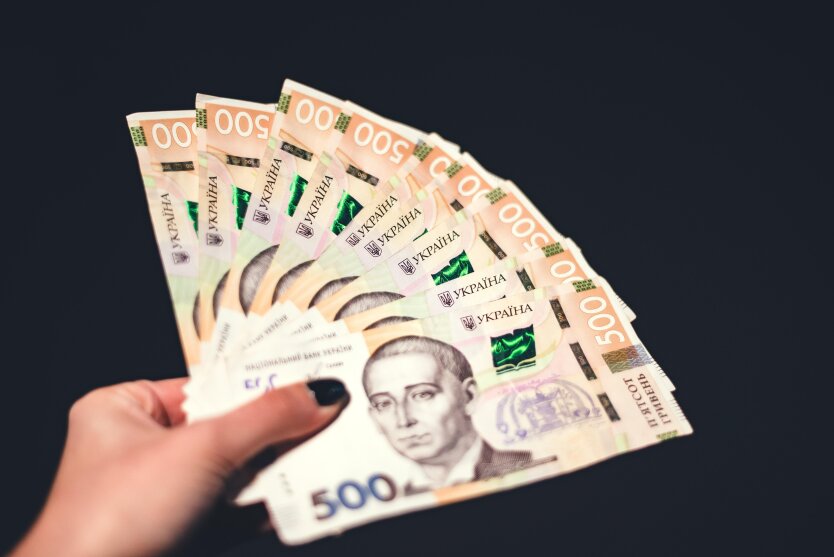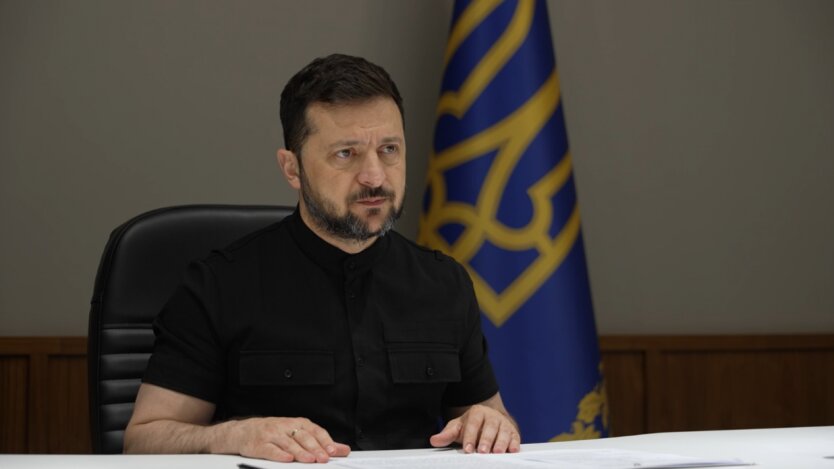How to save money wisely.

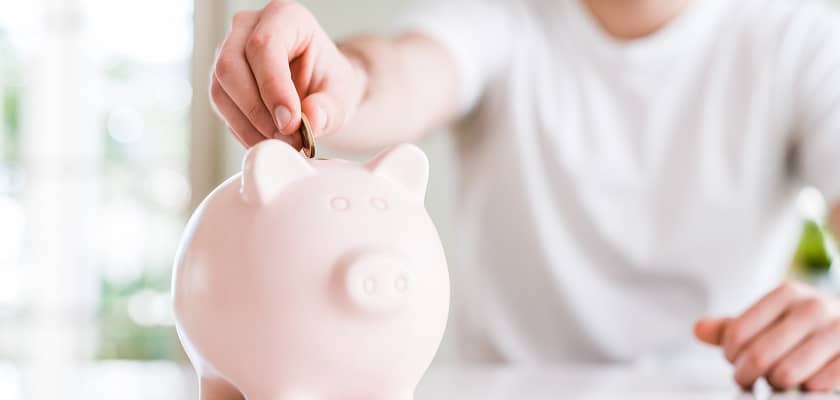
Saving money always goes hand in hand with accumulation. That is, it is not just a goal of restraining one's desires, it is the ability to set aside a certain amount of money. Sometimes, savings are needed for other reasons.
And while it may seem that the ways to learn how to save money are quite understandable, in reality, this is not the case. Not everyone can do it right. Moreover, it is even harder to figure out how to learn to save money in a family or with children. It is better to think through the whole plan, and it should be done without unnecessary stress. If we talk about Ukraine, how to start saving money also depends on the overall situation in the country, which is complicated.
How should one save money?

Let's start with the fact that choosing ways to save money properly should not be for everyone. You can accumulate funds not only through savings. Many people choose to earn a larger sum to set it aside. Moreover, there is no single option for how to save money best.
In general, saving money is an important skill that helps achieve financial stability and confidence in the future. In conditions of economic instability, this skill is especially relevant. In 2024, when prices for many goods and services are rising, and inflation remains high, managing your expenses wisely can become one of the main tools for achieving financial goals.
So, before saving money, it is necessary to understand why to do it. Defining a goal is always important. After all, it will become the motivation that everyone is looking for, making it easier to impose certain restrictions.
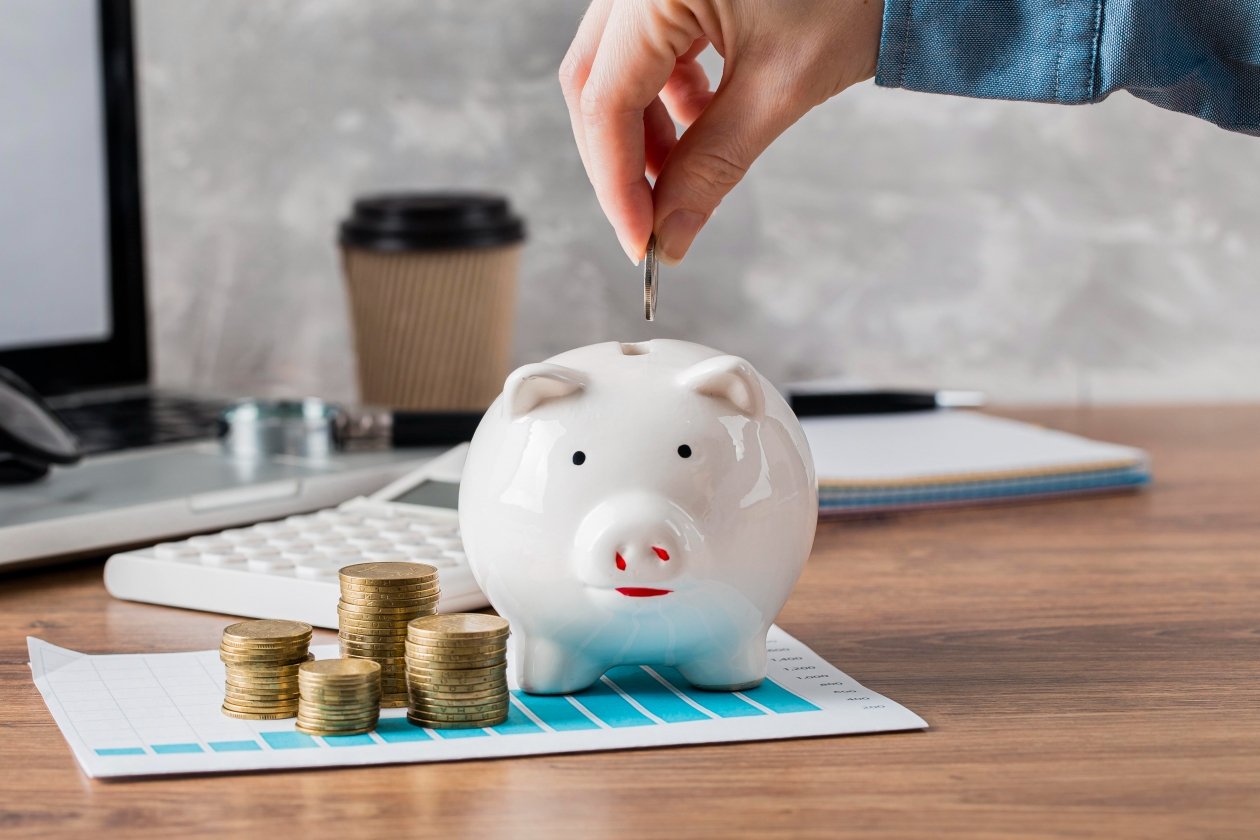 Financial goals help understand why and for what it is worth saving. The goal can be creating a reserve fund, saving for a vacation, purchasing real estate, or education. A clear understanding of the ultimate goal makes saving more conscious and motivating.
Financial goals help understand why and for what it is worth saving. The goal can be creating a reserve fund, saving for a vacation, purchasing real estate, or education. A clear understanding of the ultimate goal makes saving more conscious and motivating.
How to set a goal correctly:
-
Start with its realism. You cannot just set an amount that is disproportionate to your earnings or capabilities. The deadlines should also be realistic. It is better to start with short terms, such as 3-6 months.
-
You can divide the goal into shorter terms. This way, collecting funds will be easier.
-
Also, during the saving process, you need to periodically check both the goal and its implementation. Then it will be possible to make realistic adjustments.
An example of a fairly simple goal: setting aside money for a vacation or for the purchase of an expensive phone. This goal can be divided over several months, and overall, savings will not be strongly felt.
Creating a budget
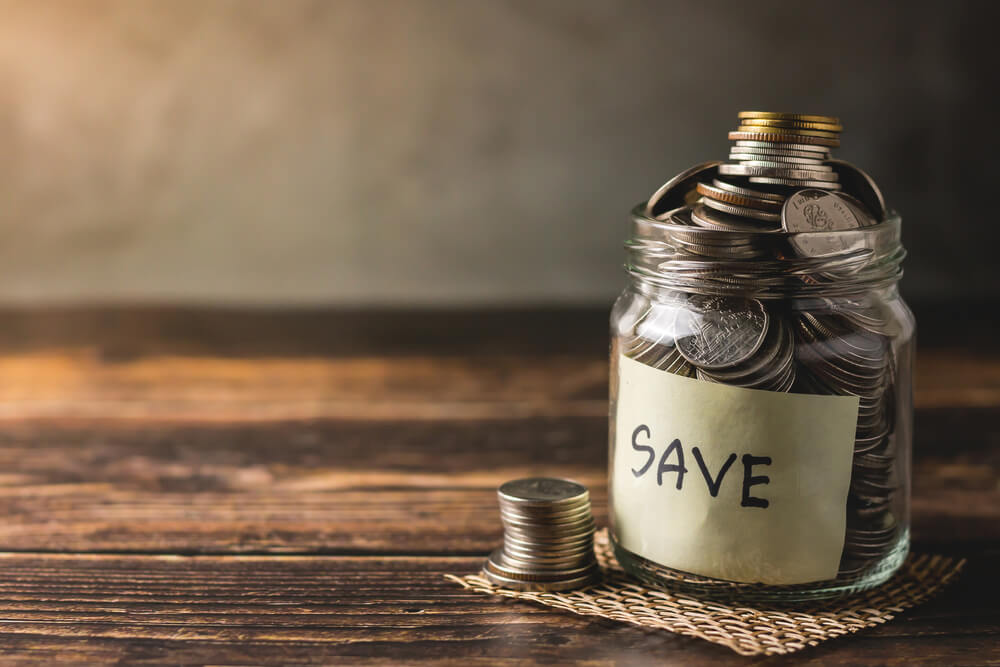
It is not enough to simply set a goal; you need to create an entire saving plan. For this, you need to calculate the budget. This is the foundation of good money management. If you do not have a clear idea of where your money is going, it will be difficult to save. A budget allows you to see the main expense items and identify where costs can be reduced.
So here are a few tips on how to create a budget:
-
First, you need to record all your income. That is, fix all sources of income: salary, bonuses, side jobs.
-
You should also immediately record all mandatory expenses. These include utility bills, rent, and loans.
-
Then you can record the non-necessary expenses, which you can sometimes allow yourself. These include entertainment, cafes, and purchases.
When budgeting, be prepared to check it regularly. This is also important. At the end of the month, summarize and analyze which items of expense can be reduced.
You can use mobile apps for tracking expenses, such as Wallet, Money Manager, or local Ukrainian banking apps that support budget management.
Expense Optimization
It is difficult to save if you do not conduct expense optimization. Regular expenses make up a significant portion of the budget, and even small reductions can significantly impact overall savings.
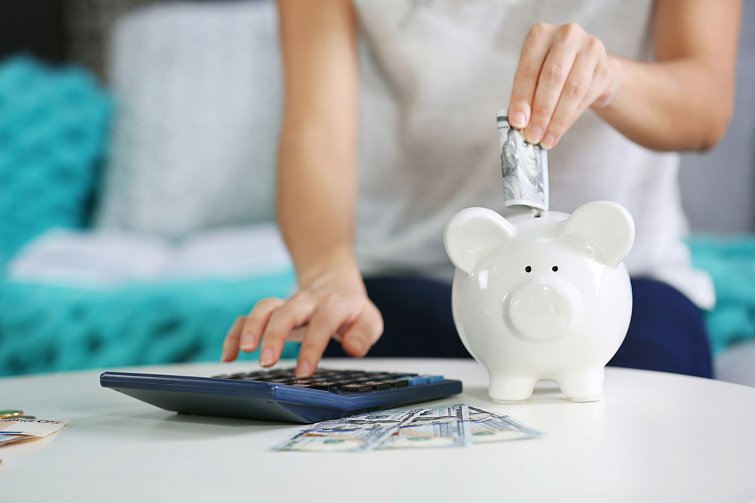
A couple of tips on how to optimize expenses:
-
Immediately set aside utility payments. Try to save electricity and water. For example, replace old bulbs with LED ones and make sure to turn off lights and appliances when not in use.
-
You need to separately allocate money for groceries. Plan your menu for the week to avoid unnecessary spending and impulse purchases.
-
Do not forget about subscriptions. Check if you are using all your subscriptions to internet services, streaming platforms, and memberships. Keep only those that are truly necessary.
In general, even in these expenses, you can save a bit. For example, ordering items online can often lead to lower prices.
How to Learn to Prioritize?
It is important to understand that there are desires that are normal for any person's life and there are needs. In the first case, if you save and do not fulfill all desires, there will be no problems (the quality of life will not decrease). In the second case, needs affect the quality of life, and ignoring them is not possible. One of the reasons for useless spending is the desire to acquire what is not necessary. The distinction between needs and desires allows you to focus on truly important purchases and avoid impulsive spending.
What can you do in this case:
-
Analyze your desires. If you really want something, give yourself a few days to think about it.
-
You can always compare prices. Before purchasing, compare the price of the item in different stores.
-
For desires, it is better not to consider credit options. If the purchase is not life-essential, it is better to avoid applying for credit or installment plans for it.
In general, desires pass the logic test quite easily. That is, you need to ask if this temporary desire is worth disrupting your plan (global goal).
Emergency Fund
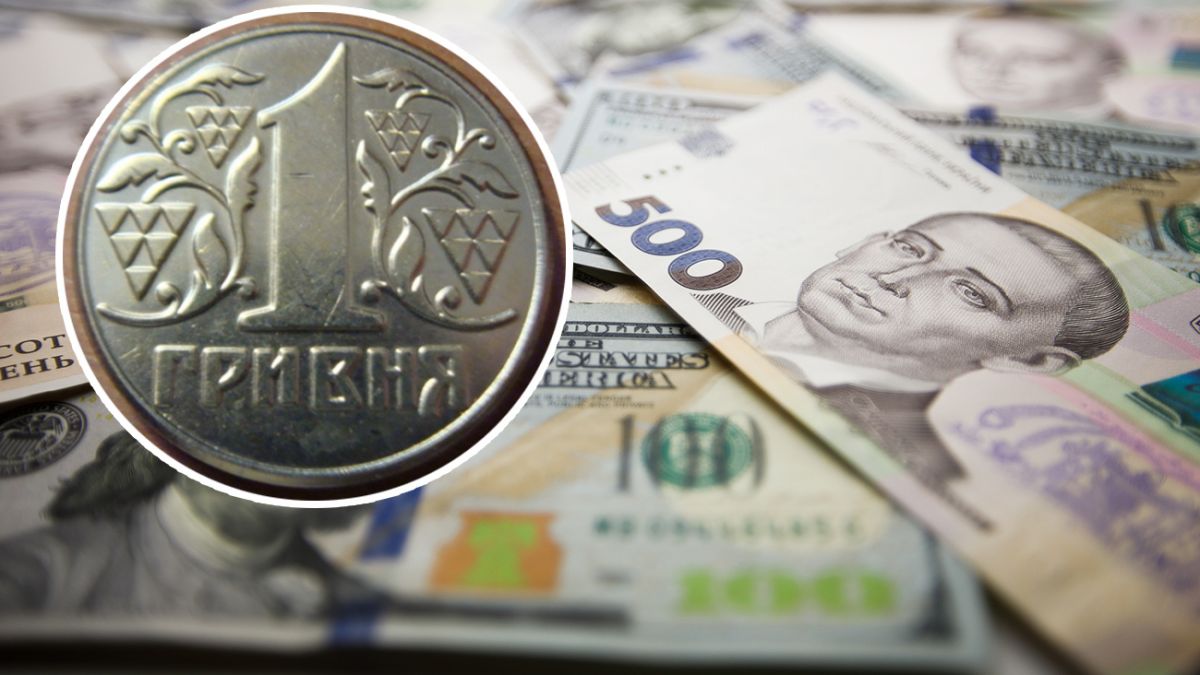
An emergency fund is your financial buffer in case of unexpected situations. It helps avoid debts and stress in case of income loss or urgent expenses.
How to use this principle in your life:
-
To start with, you can set aside a small amount. For example, 5-10% of your income.
-
To spend less, you can deposit funds into a bank account. This can be a deposit or a savings account with interest.
Whenever possible, it is better not to spend the money from the account. The emergency fund is meant only for emergencies.
Read also
- Euro to Break 50 Mark: Expert Names Factor That Will Weaken Hryvnia in July
- Not for all pensioners: The Pension Fund explained who will receive an additional 5000 hryvnias every month
- NBU introduced a new coin: what it looks like
- The Best Conversation Ever: Zelensky Discusses Negotiations with Trump and New Steps Against Russia
- In one of the EU countries, a radical decision has been made regarding refugees: what Ukrainians should prepare for starting in October
- The editorial team of The New York Post urged Trump not to leave Ukraine


